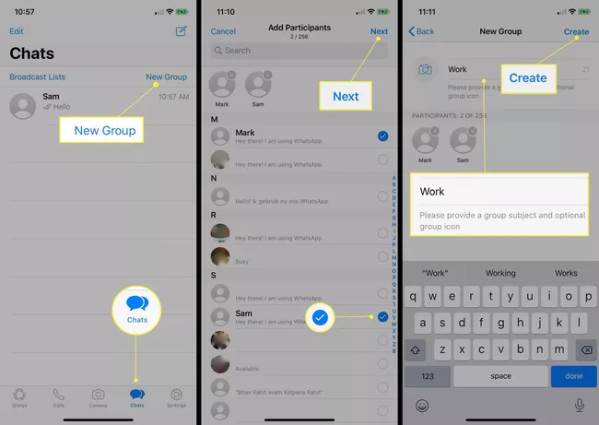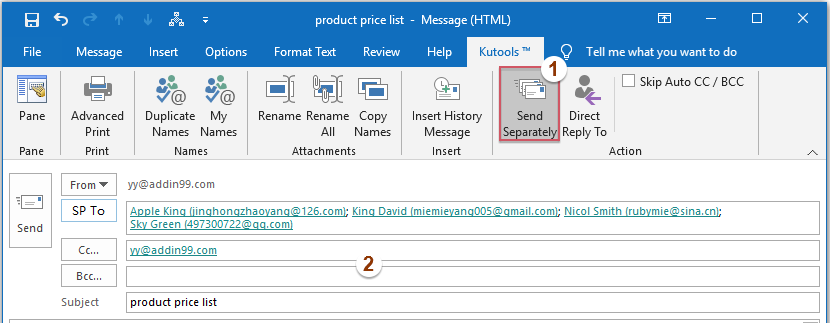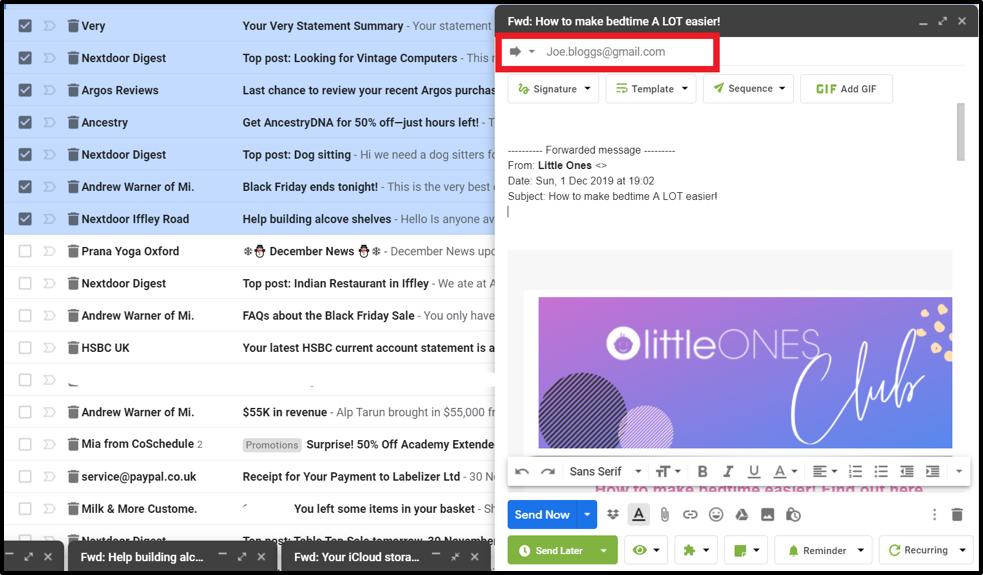How To Send Multiple Messages At Once

The digital age demands efficiency, and communication is no exception. For individuals and businesses alike, the ability to send multiple messages simultaneously has become increasingly vital. Various techniques and platforms offer solutions to streamline this process, enhancing productivity and expanding reach.
This article explores the methods available for sending multiple messages at once, examining the tools, techniques, and considerations involved. It aims to provide a comprehensive overview of this essential communication strategy.
Understanding Bulk Messaging
At its core, sending multiple messages at once, often referred to as bulk messaging, involves distributing a single message to a large group of recipients simultaneously. This can range from sending a promotional text message to hundreds of customers to sending an email update to an entire company.
The rise of social media and instant messaging platforms has amplified the need for efficient communication methods, particularly for marketing and customer engagement.
Email Marketing
Email marketing remains a cornerstone of bulk messaging. Platforms like Mailchimp, Constant Contact, and Sendinblue allow users to create and send email campaigns to large subscriber lists.
These platforms offer features such as segmentation, personalization, and analytics to optimize campaign performance. Segmentation allows users to divide their subscriber list into smaller groups based on demographics, interests, or purchase history, enabling targeted messaging.
"Email marketing continues to be a powerful tool for reaching a large audience efficiently and effectively," says Sarah Johnson, a marketing consultant specializing in email campaign optimization.
SMS Marketing
SMS marketing involves sending text messages to a list of mobile phone numbers. Platforms like Twilio, MessageBird, and Plivo provide APIs and tools for sending and managing SMS campaigns.
SMS messages have a high open rate, making them ideal for time-sensitive notifications and promotions. However, it's crucial to comply with regulations like the Telephone Consumer Protection Act (TCPA), which governs SMS marketing practices in the United States.
Social Media Management Tools
Social media platforms like Facebook, Twitter, and Instagram also offer ways to send multiple messages at once, although not always in the same way as email or SMS.
Social media management tools like Hootsuite and Buffer allow users to schedule posts across multiple platforms simultaneously. This is effective for sharing content consistently and managing a brand's online presence.
Considerations and Best Practices
When sending multiple messages at once, several factors must be considered. Maintaining message relevance is key; avoid sending irrelevant or unwanted messages, as this can lead to unsubscribes or negative brand perception.
Personalization is also important. Even in bulk messaging, tailoring the message to the recipient can increase engagement. Using merge tags to insert the recipient's name or other relevant information can create a more personal experience.
Finally, always comply with relevant regulations and obtain proper consent before sending messages. Failing to do so can result in legal penalties and damage to reputation.
Data from the Direct Marketing Association (DMA) suggests that personalized emails have a 6x higher transaction rate than non-personalized emails.
The Impact on Communication
The ability to send multiple messages simultaneously has revolutionized communication, especially in business. It allows companies to reach a wider audience faster and more efficiently.
However, it also raises concerns about spam and privacy. Responsible use and ethical practices are crucial to ensure that bulk messaging remains a valuable tool without becoming a nuisance.
Ultimately, the effective use of these techniques hinges on understanding your audience, crafting relevant messages, and adhering to ethical and legal guidelines. The future of communication lies in striking a balance between efficiency and personalization.


















